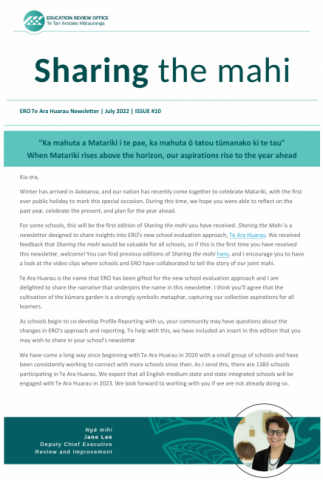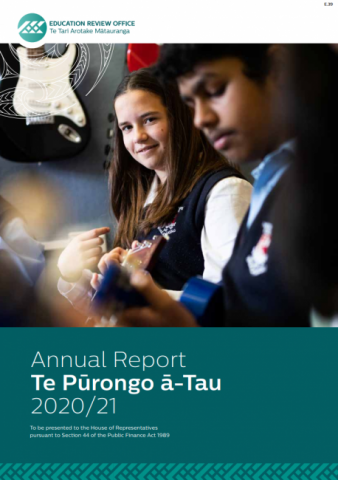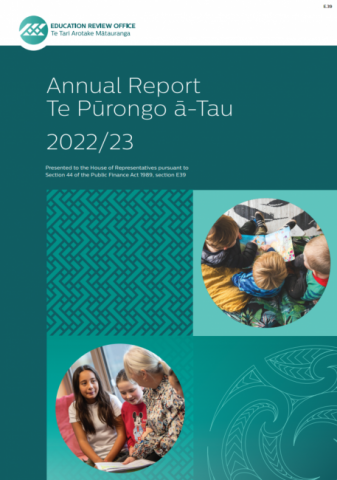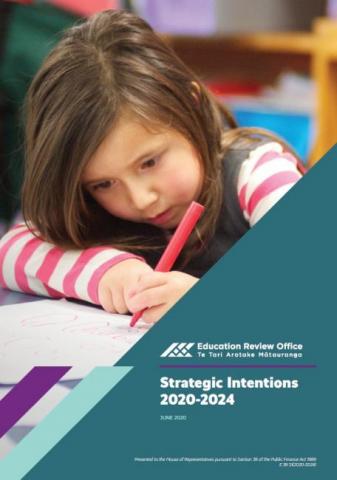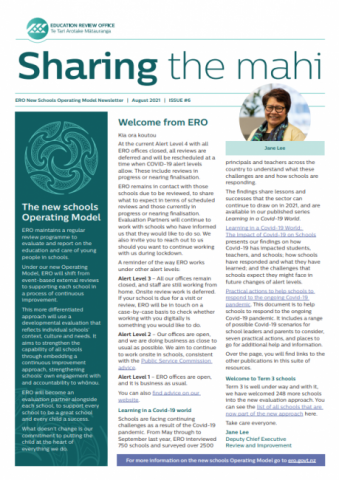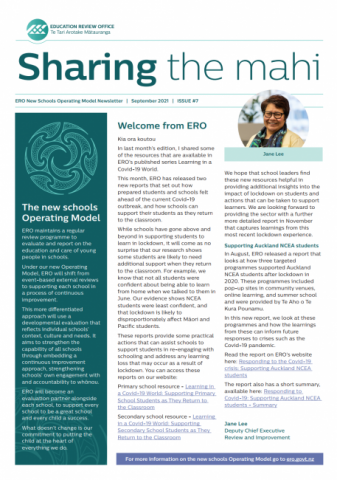Te Pou Wāharoa – The He Taura Here Tangata support for all ERO
Published: 06 Apr 2021
Te Pou Wāharoa supports the implementation of He Taura Here Tangata - ERO's Māori strategy.
- Audience:
- Academics
- Early learning
- Education
- Māori-medium
- Parents
- Schools
- Content type:
- Basic page
